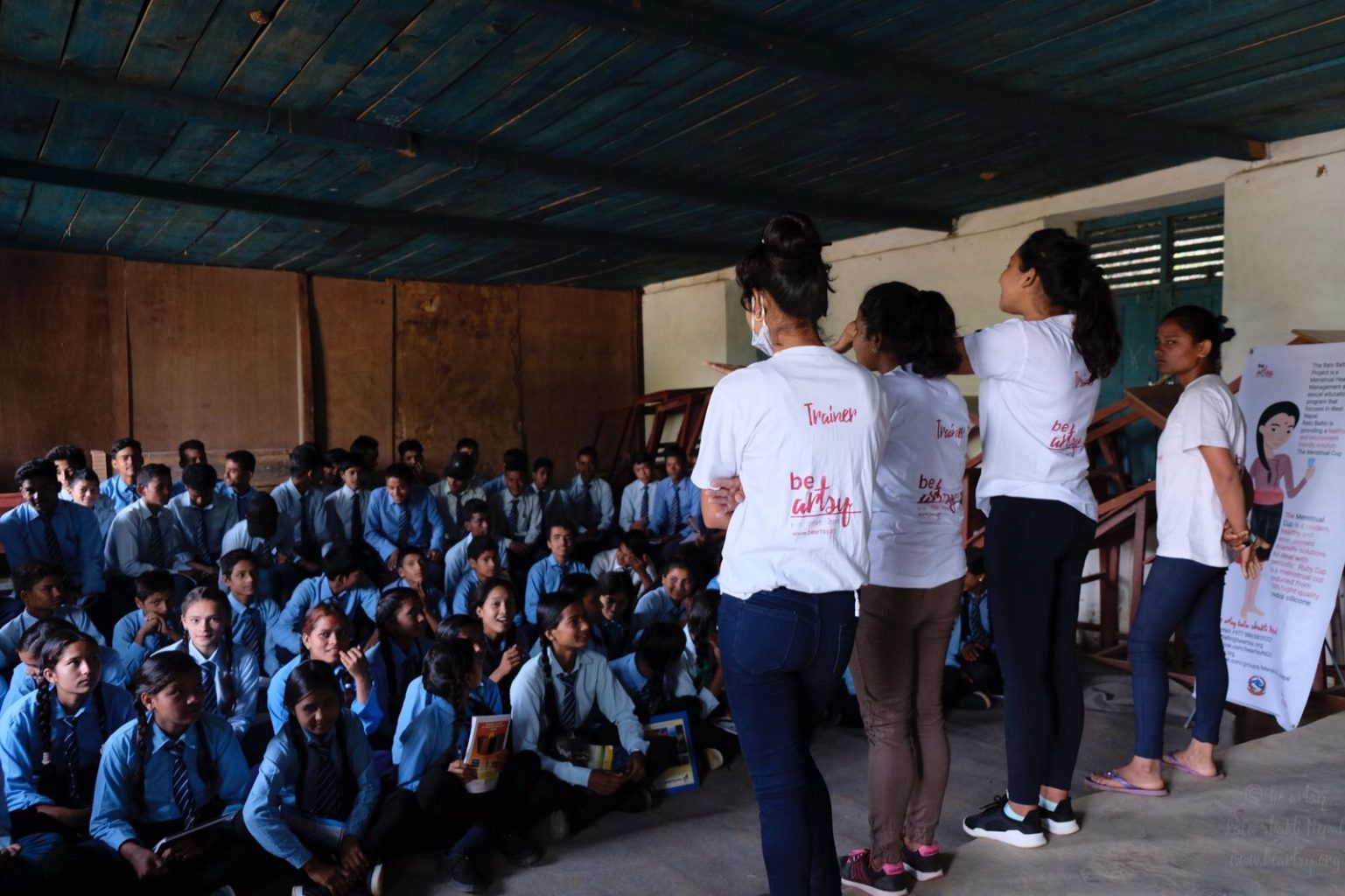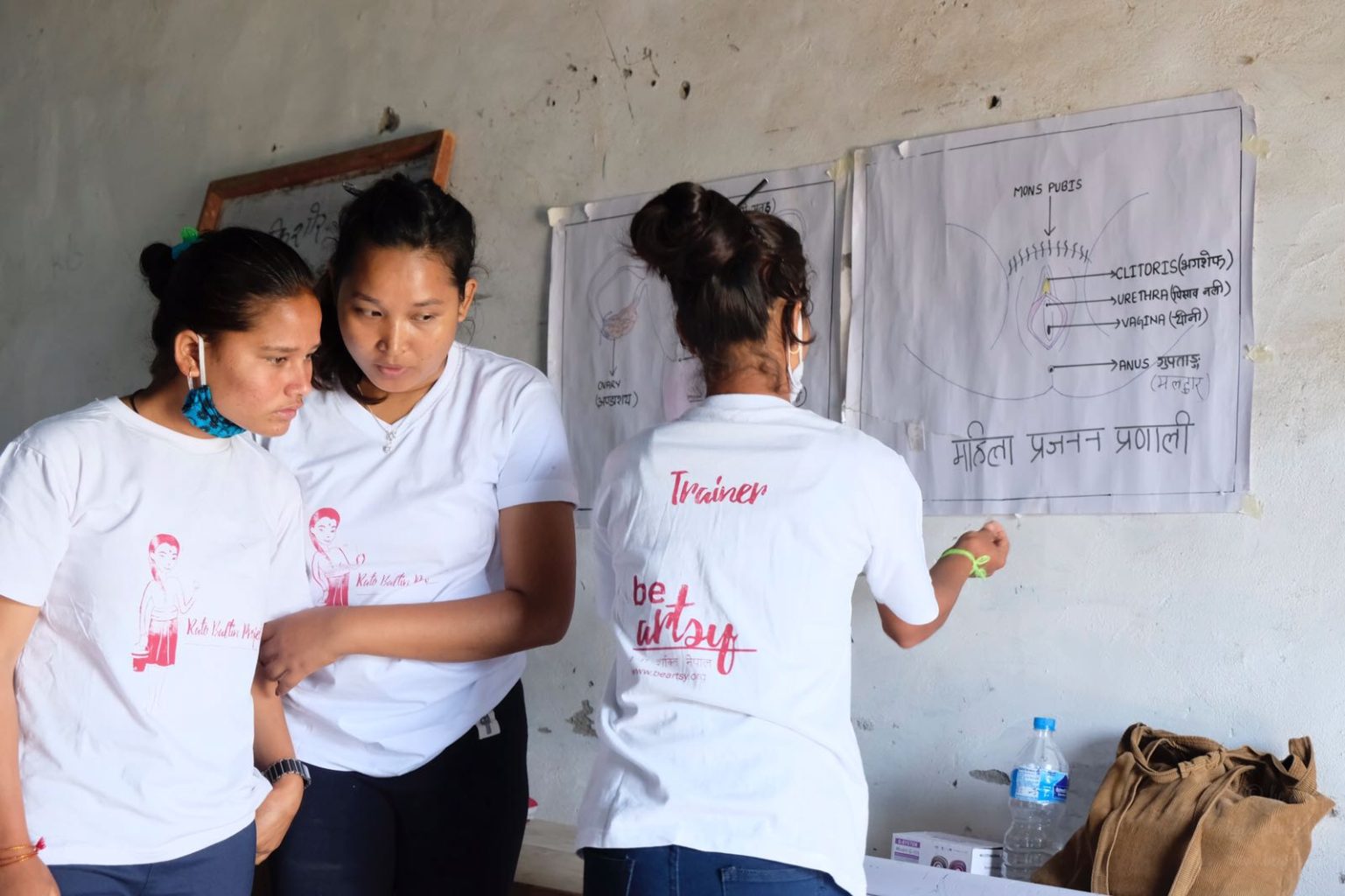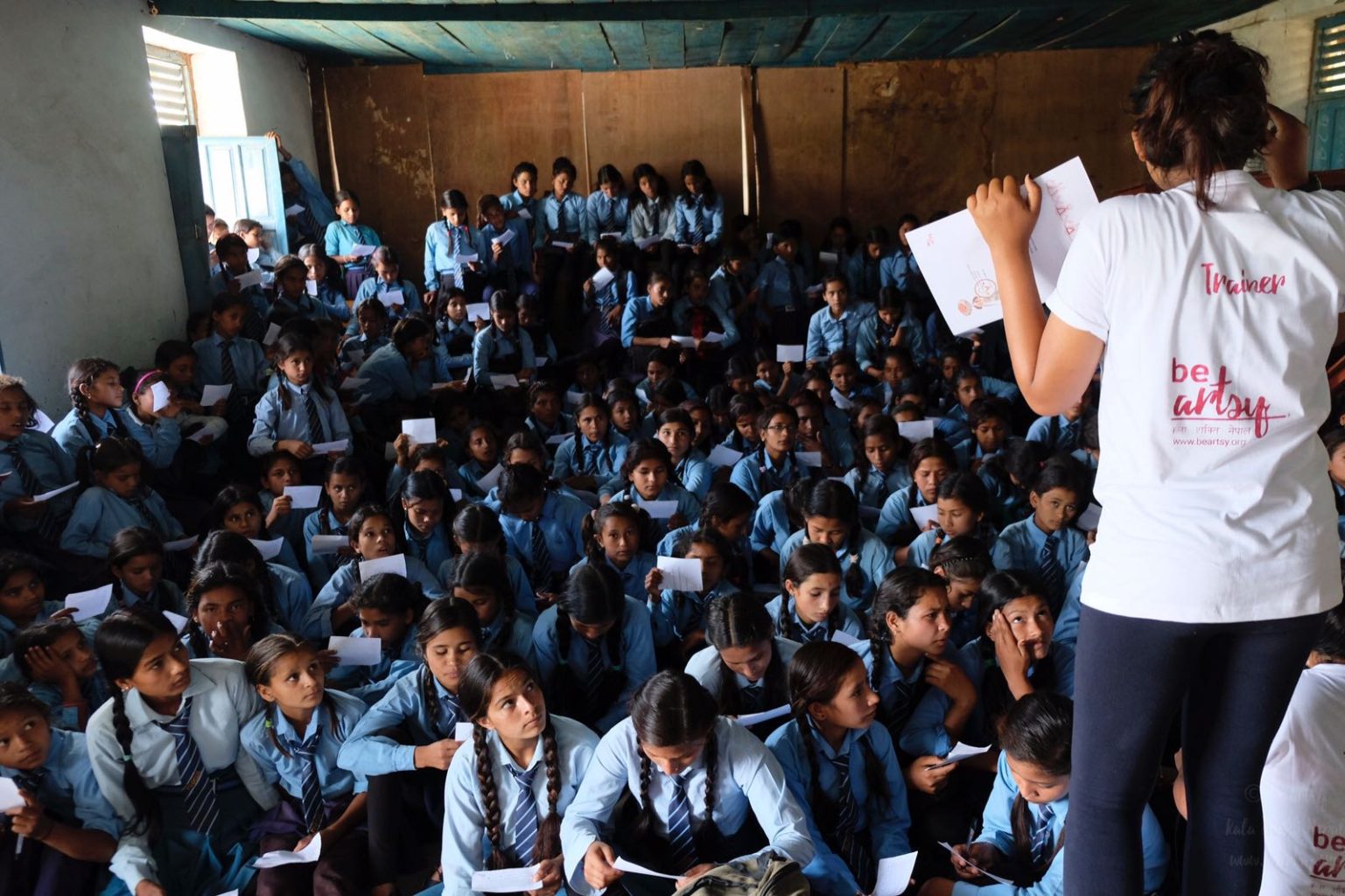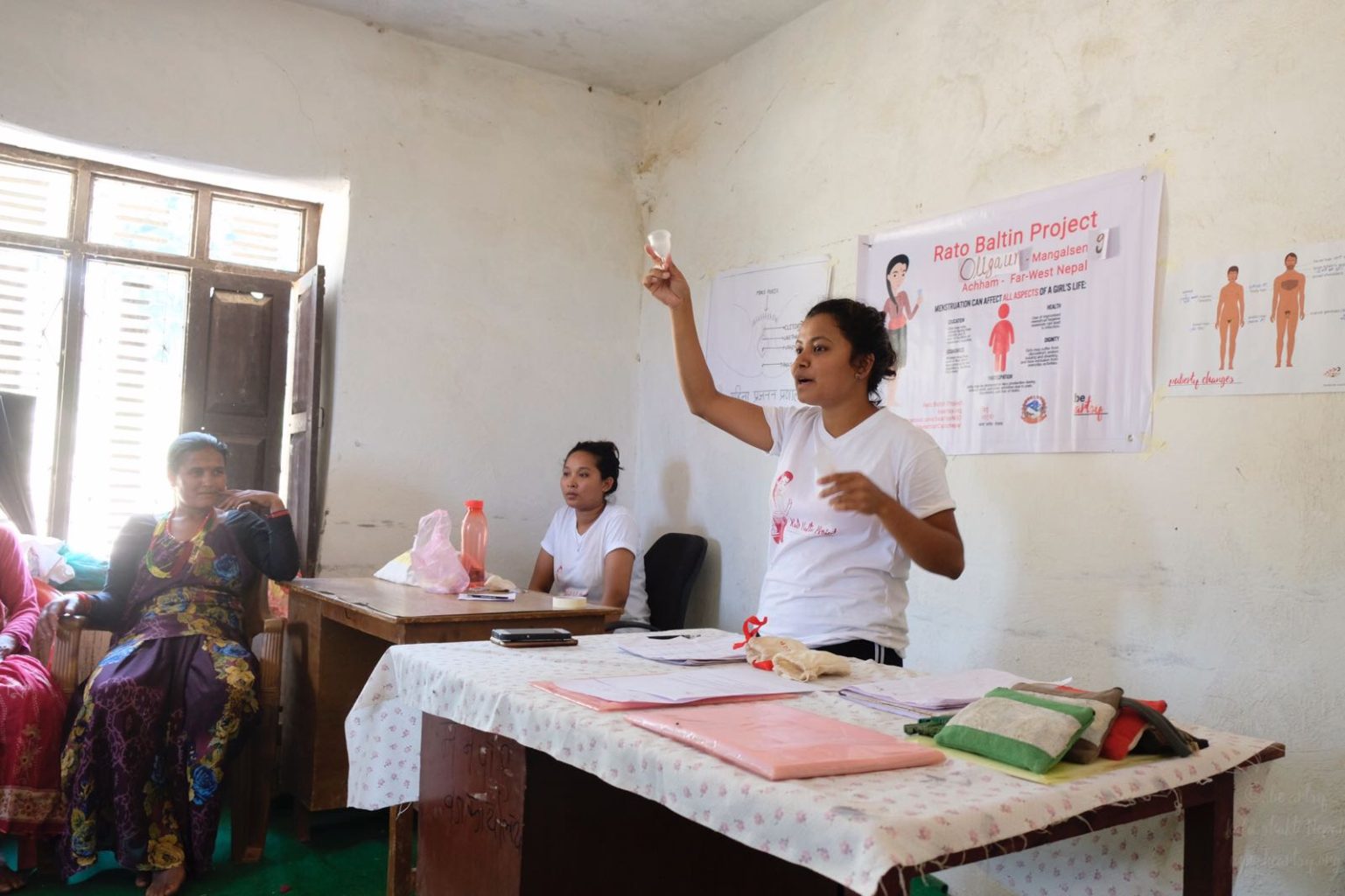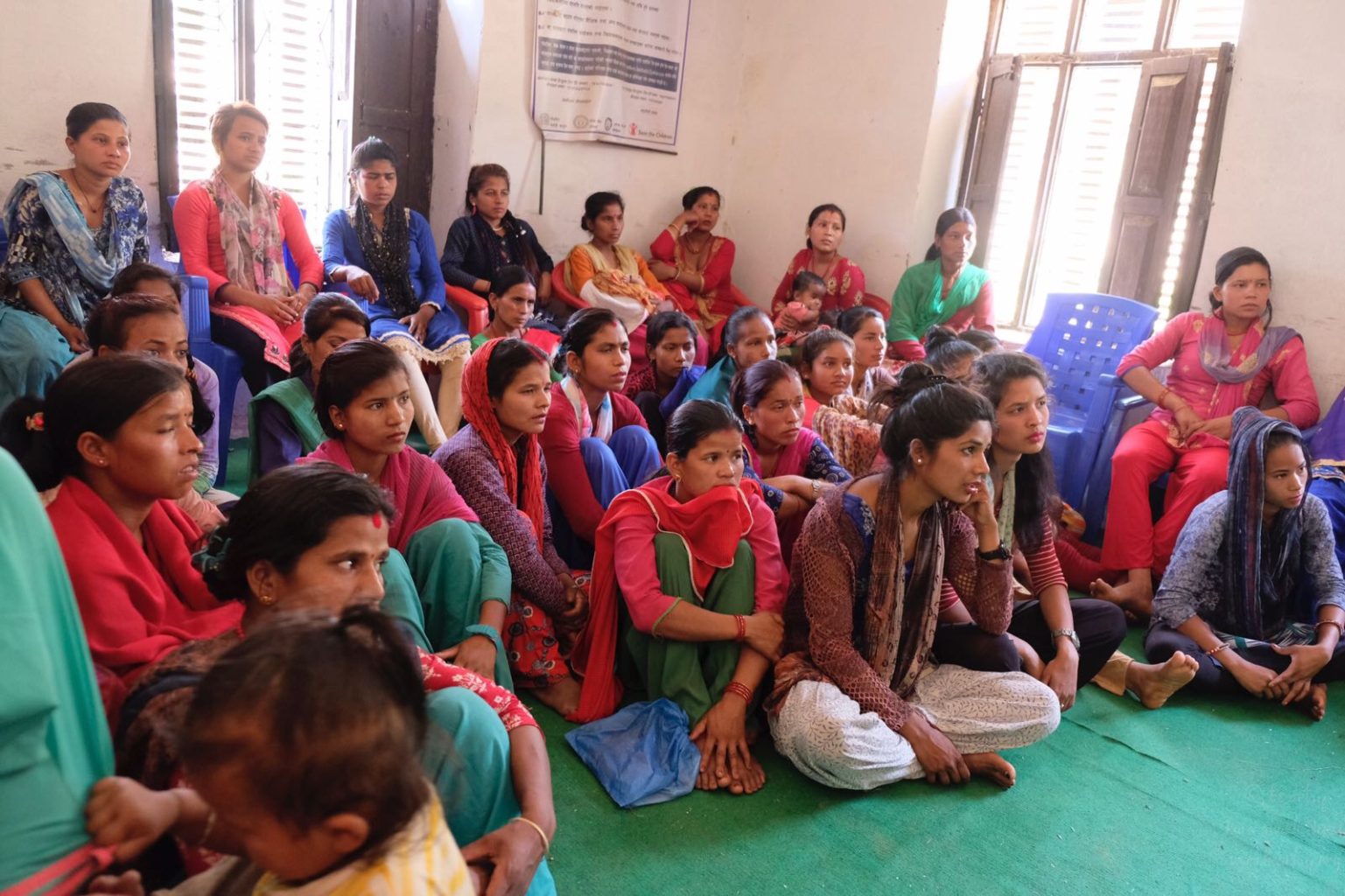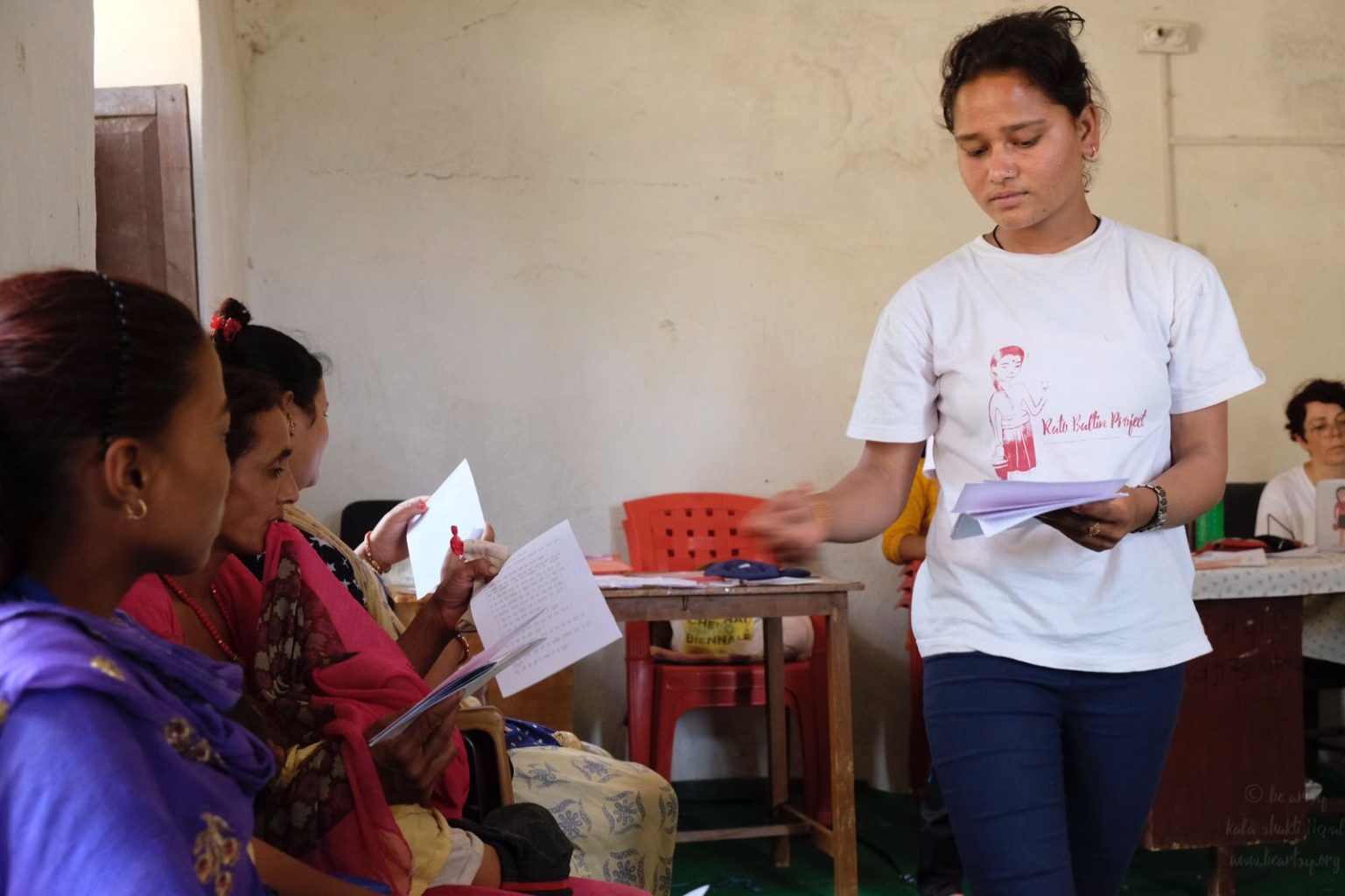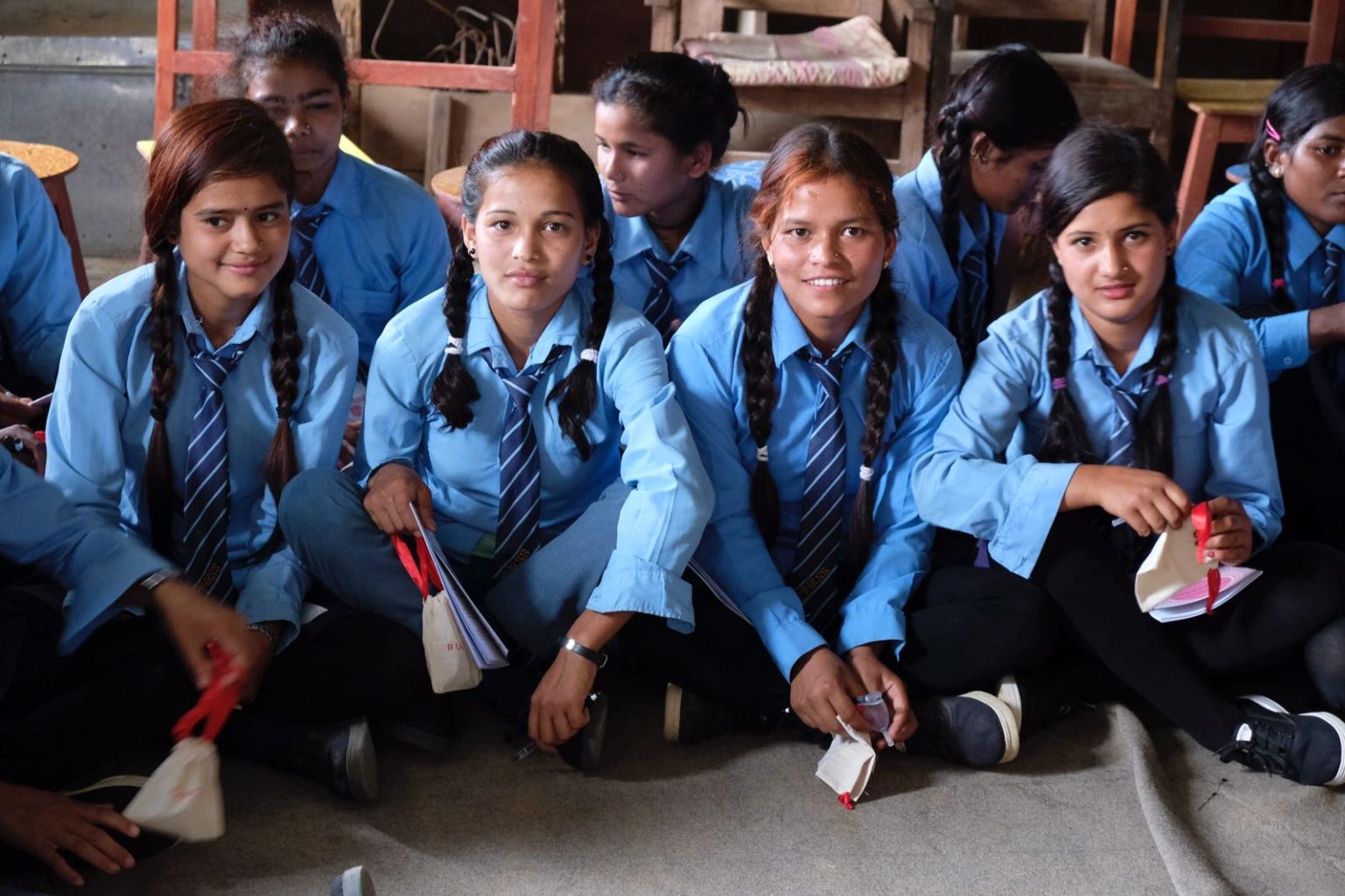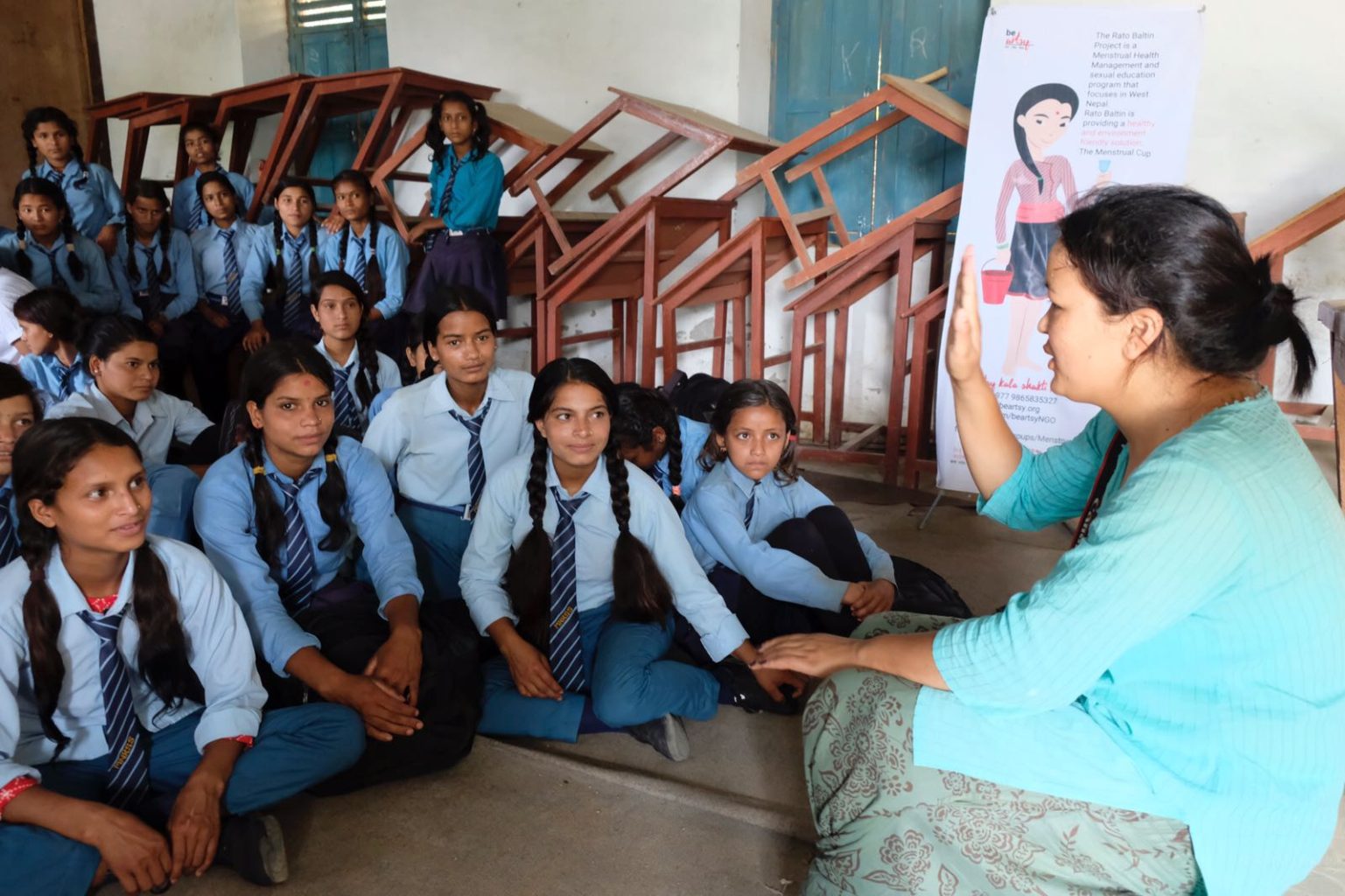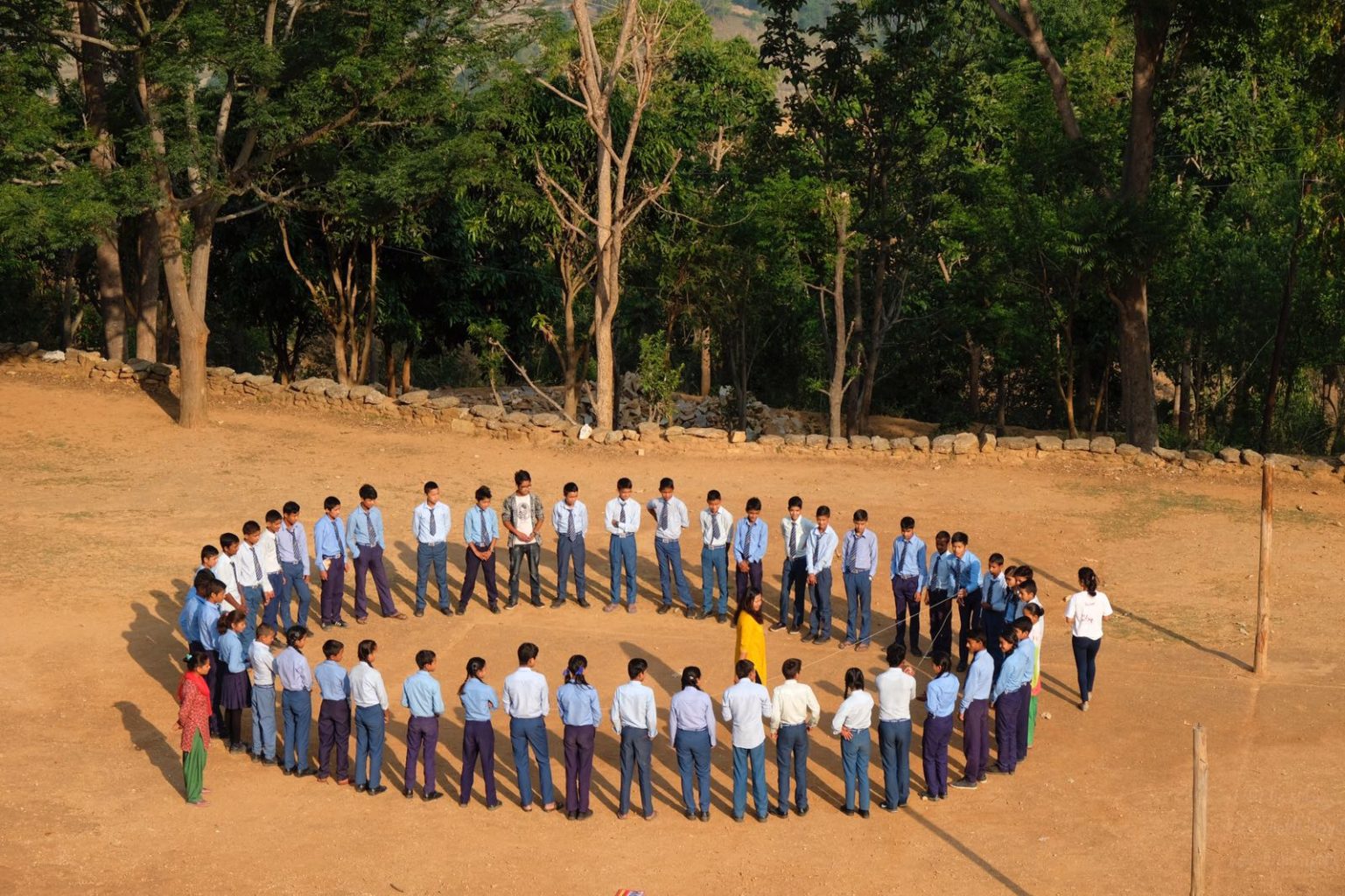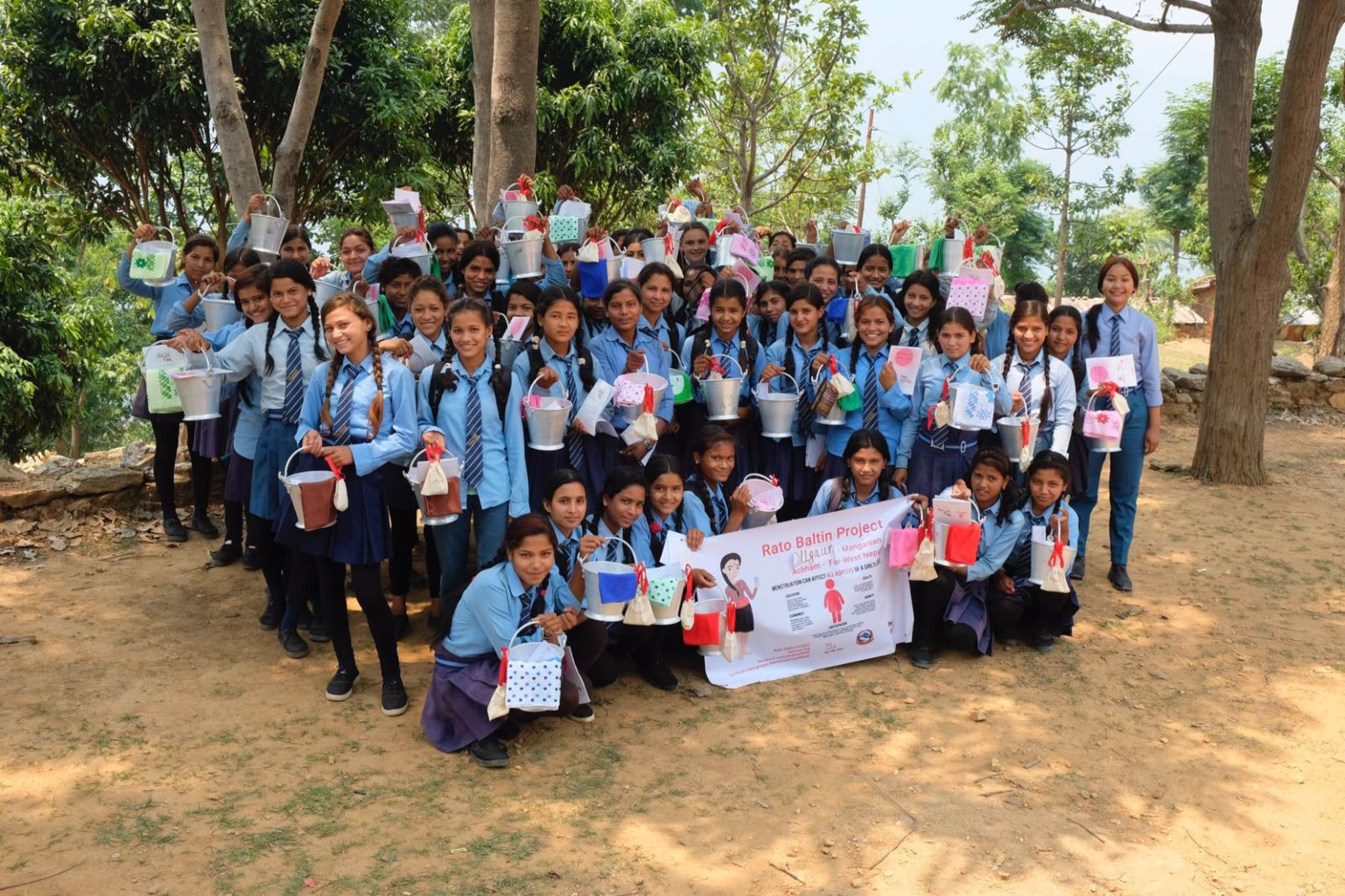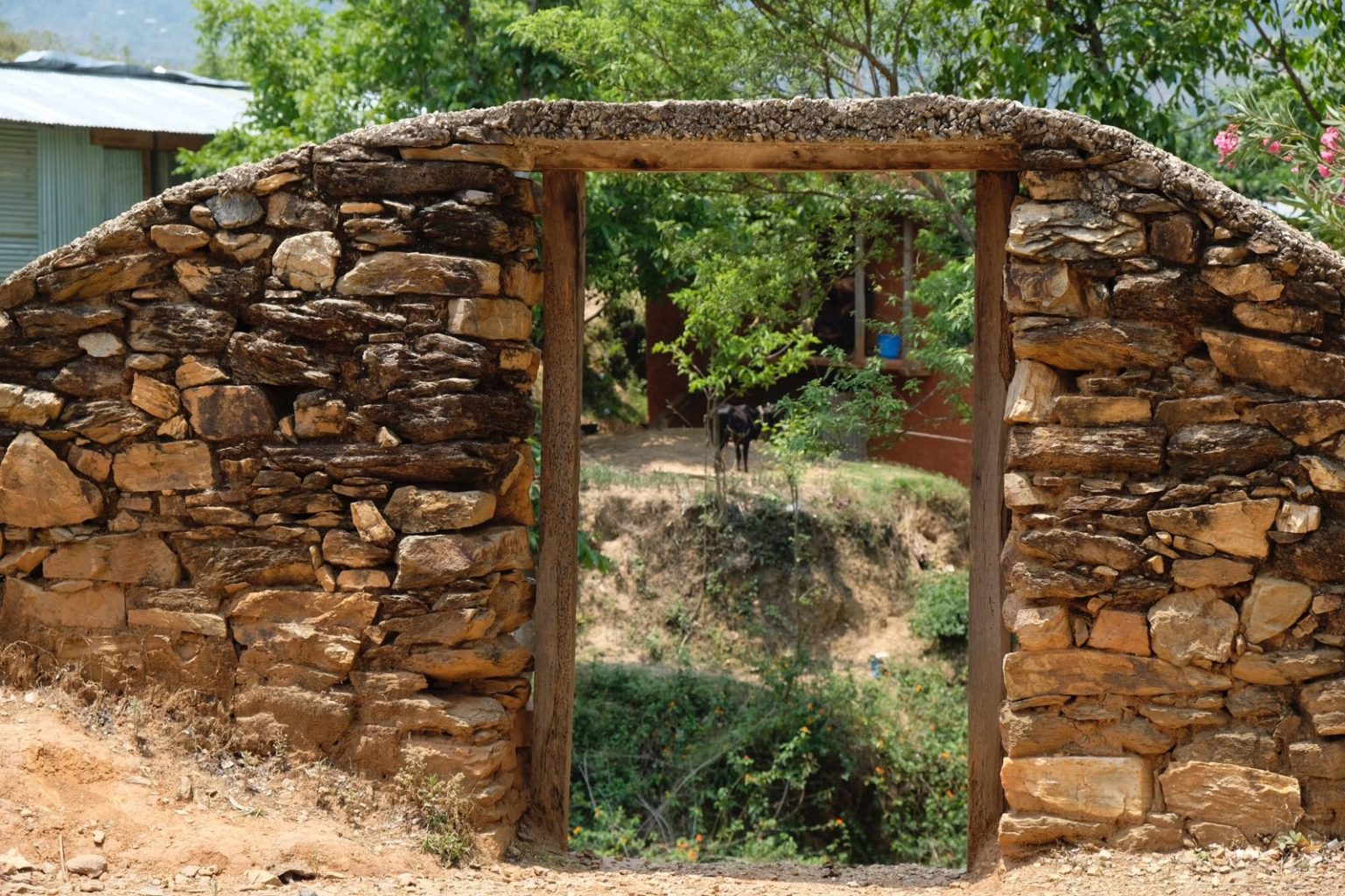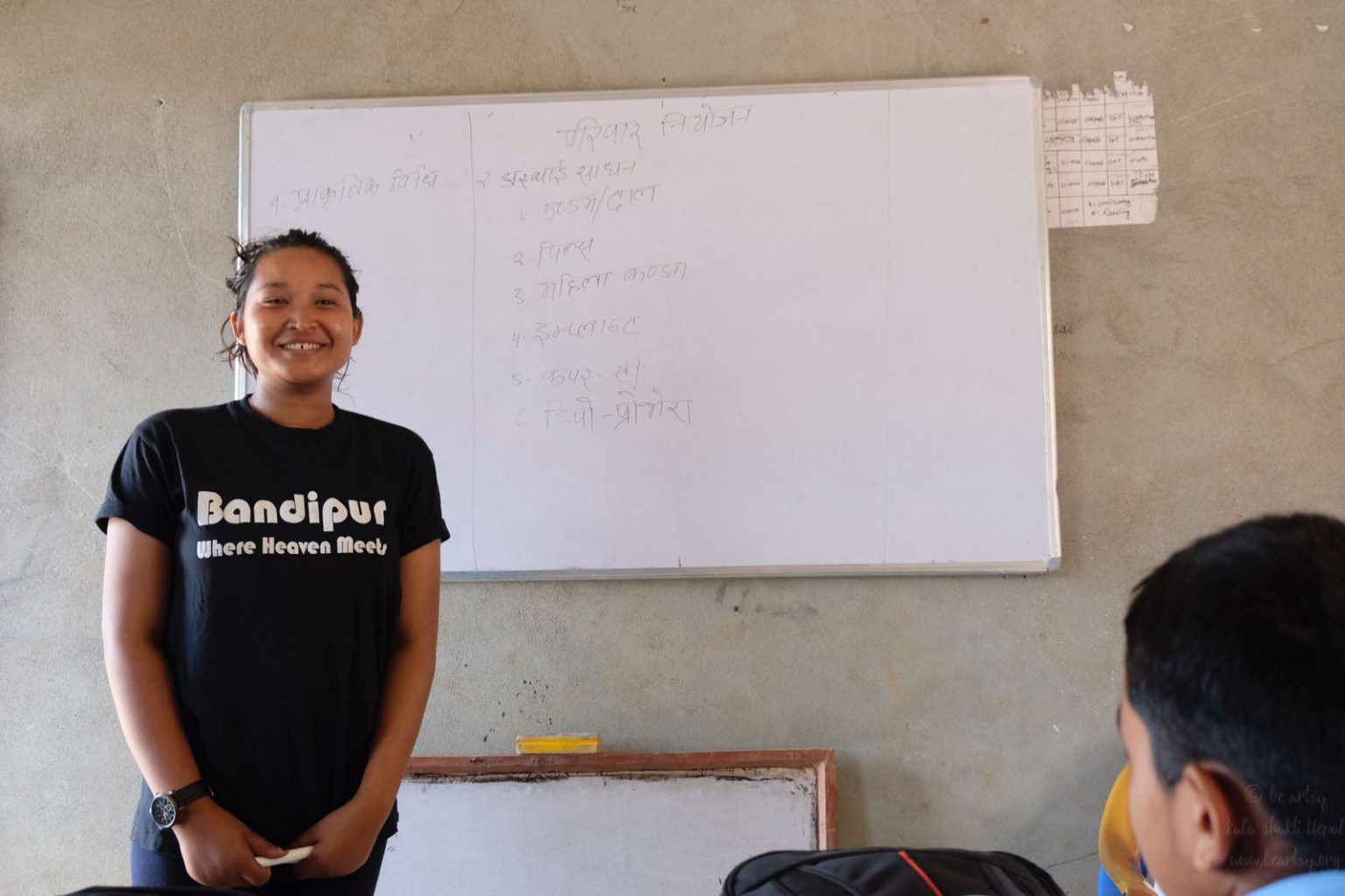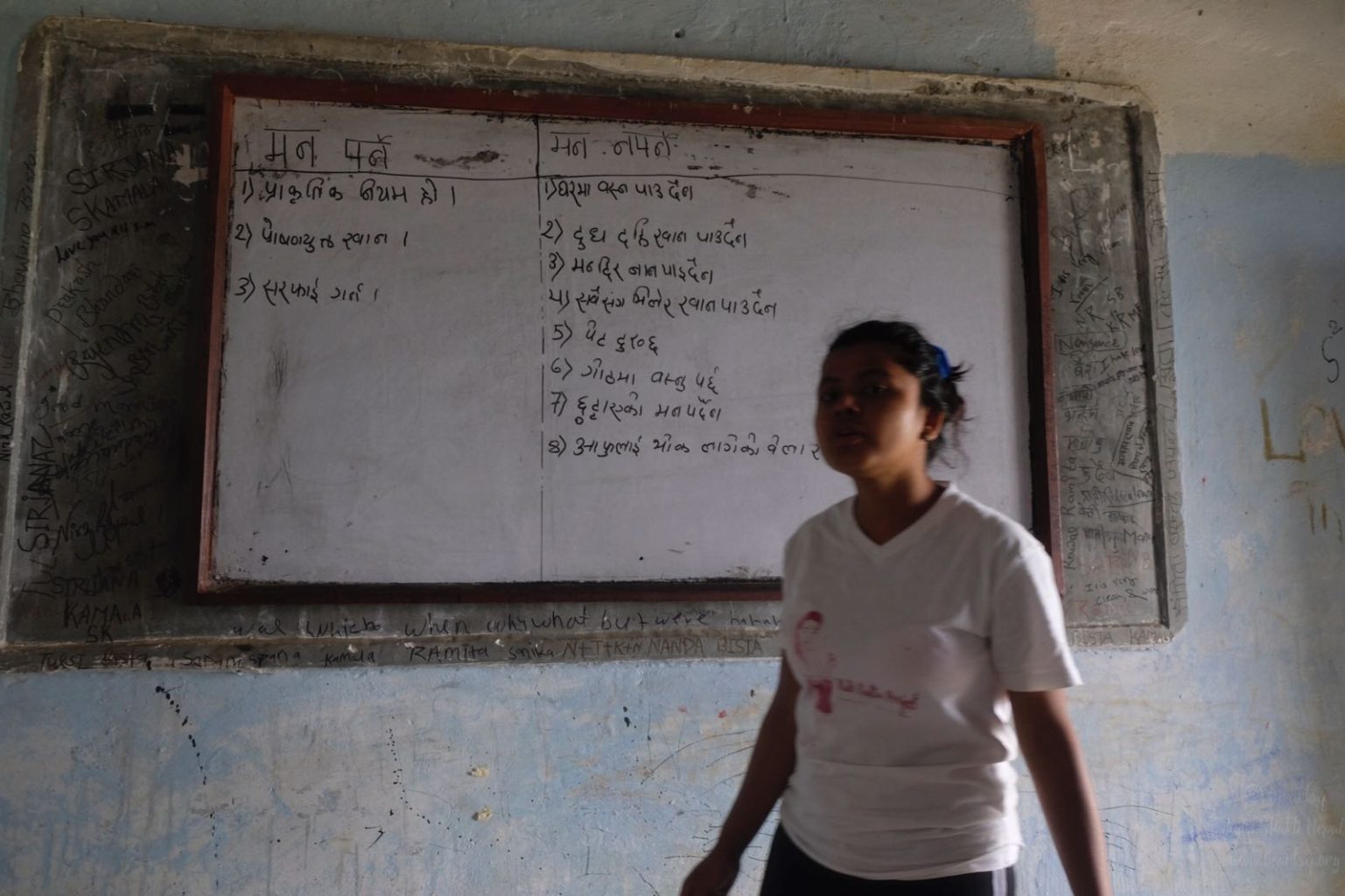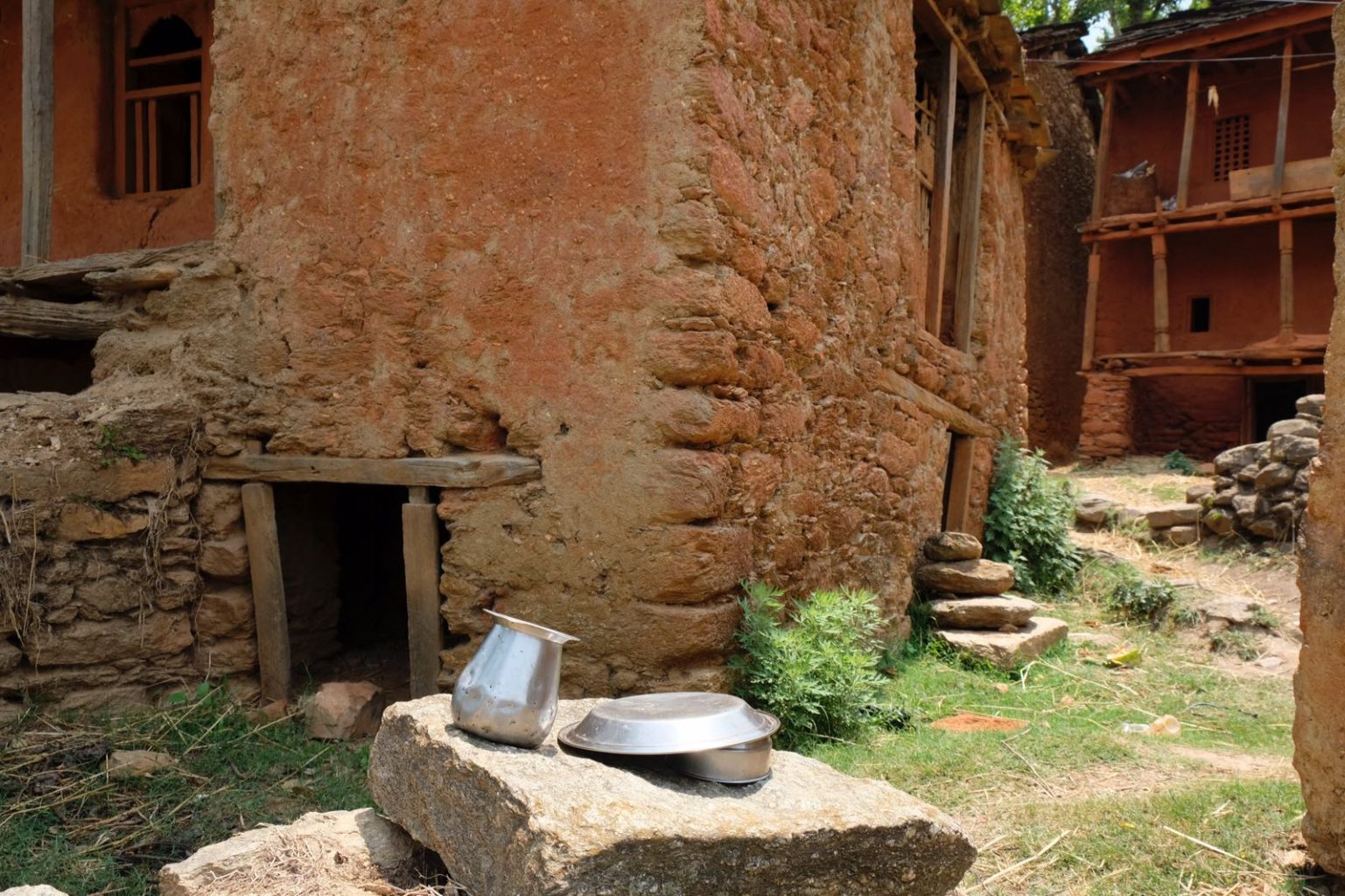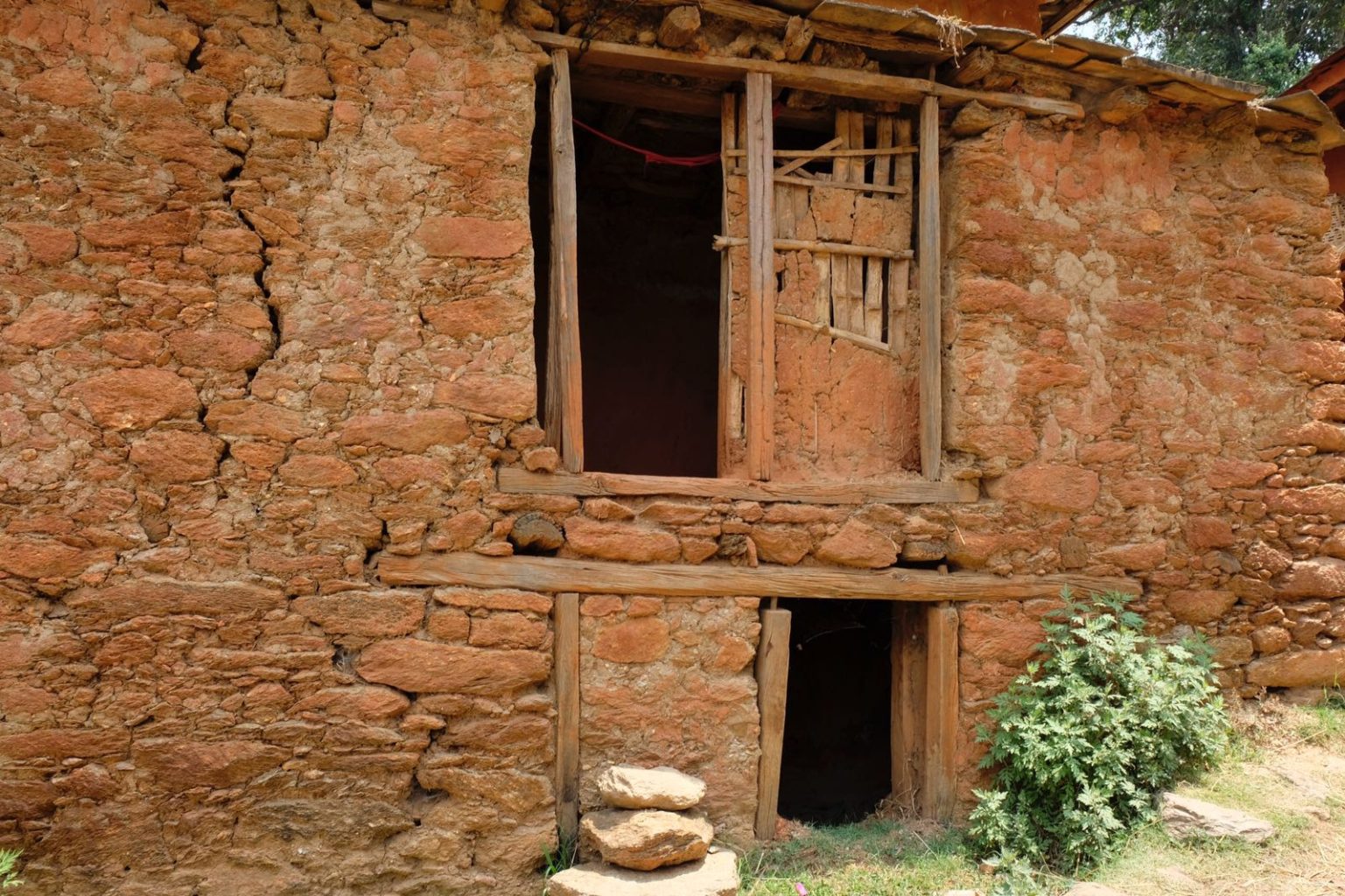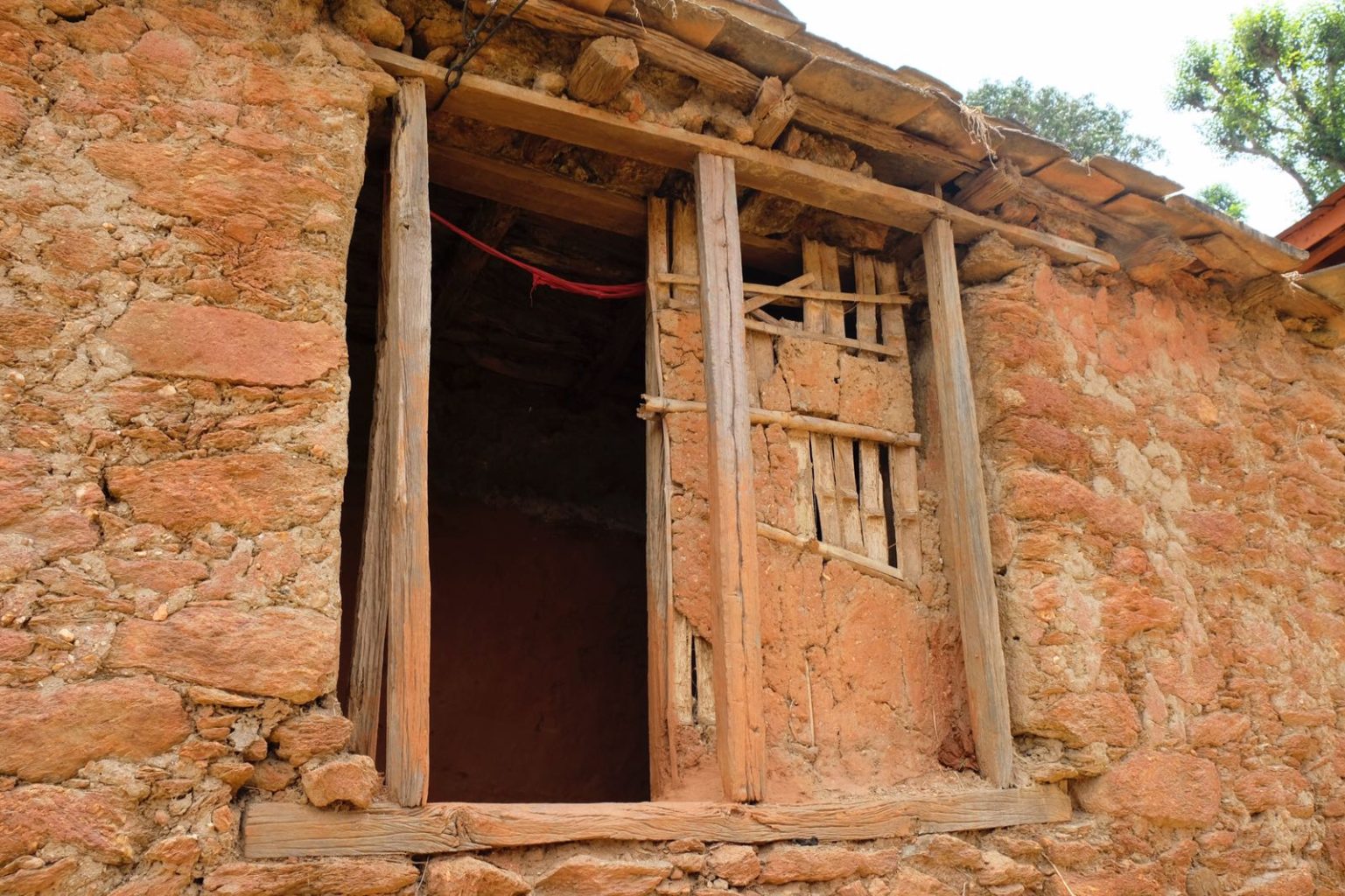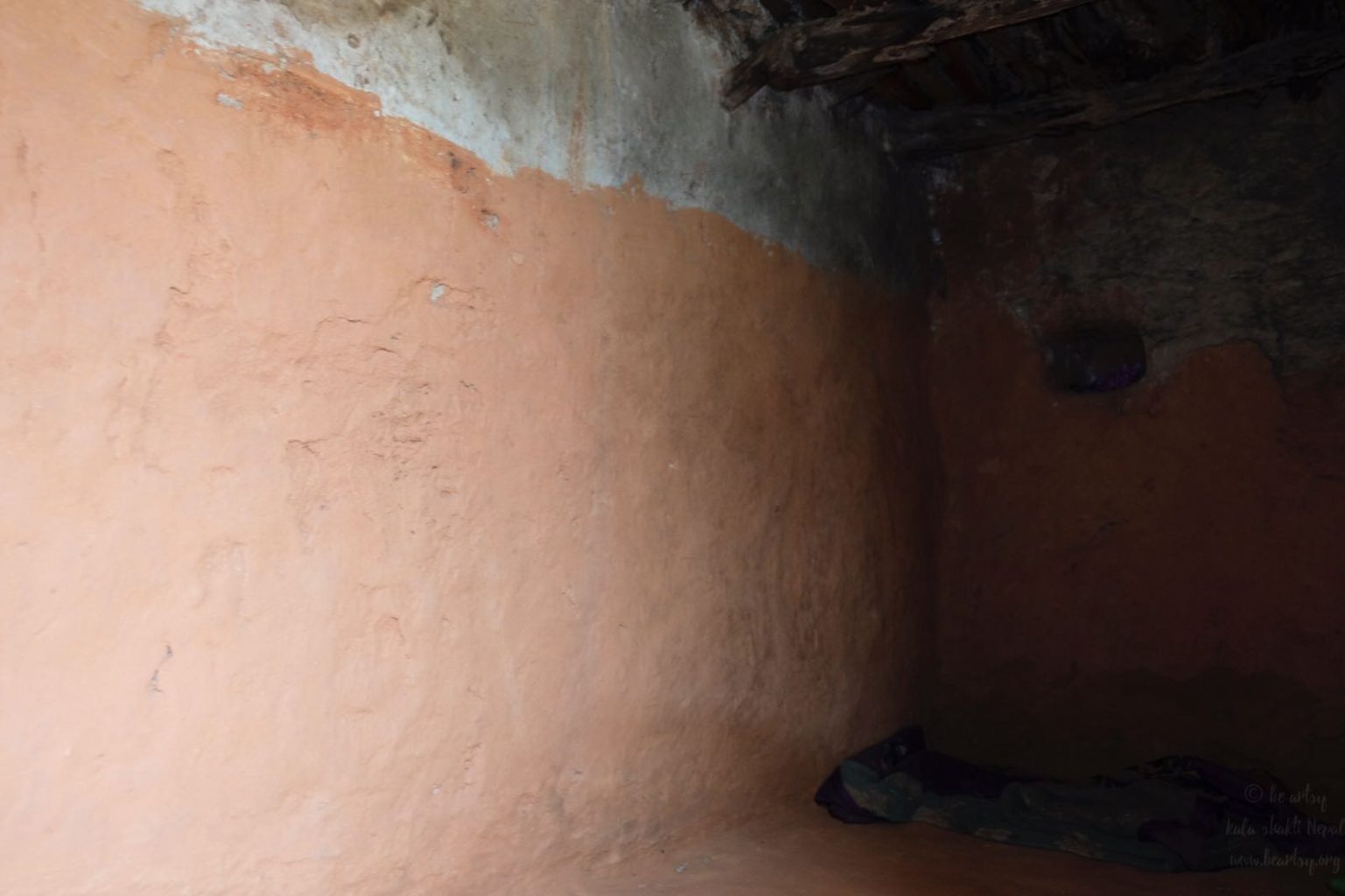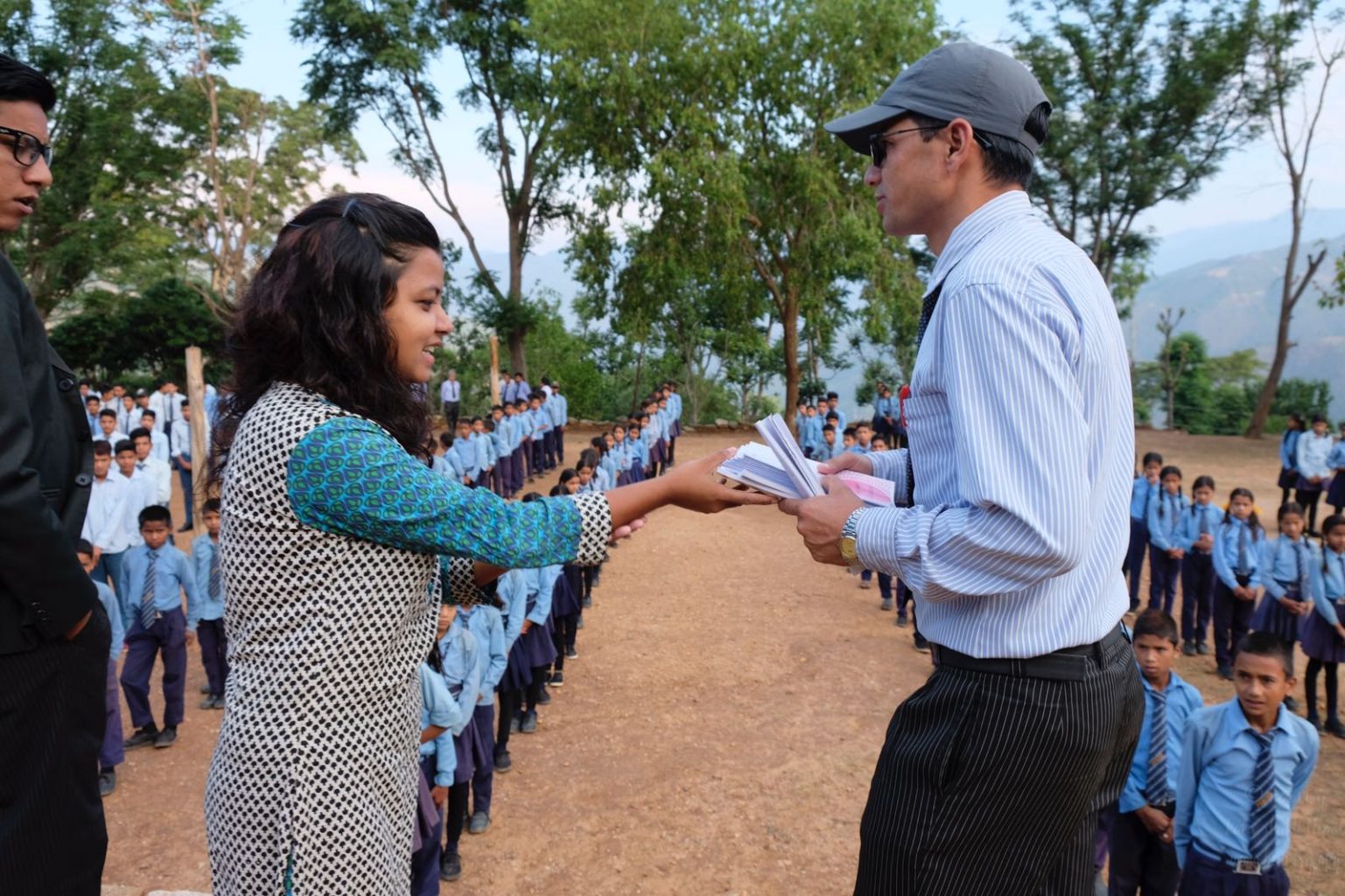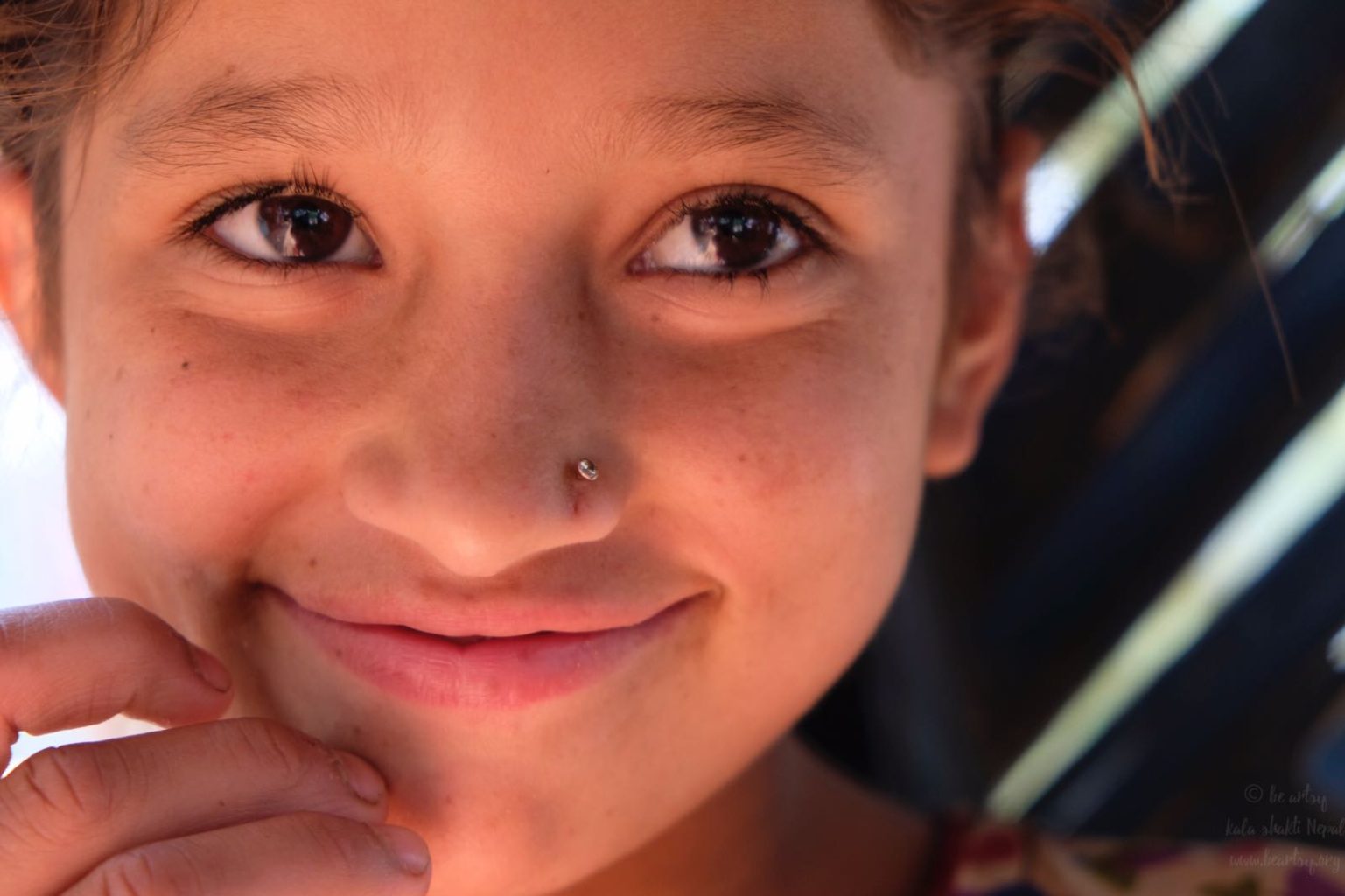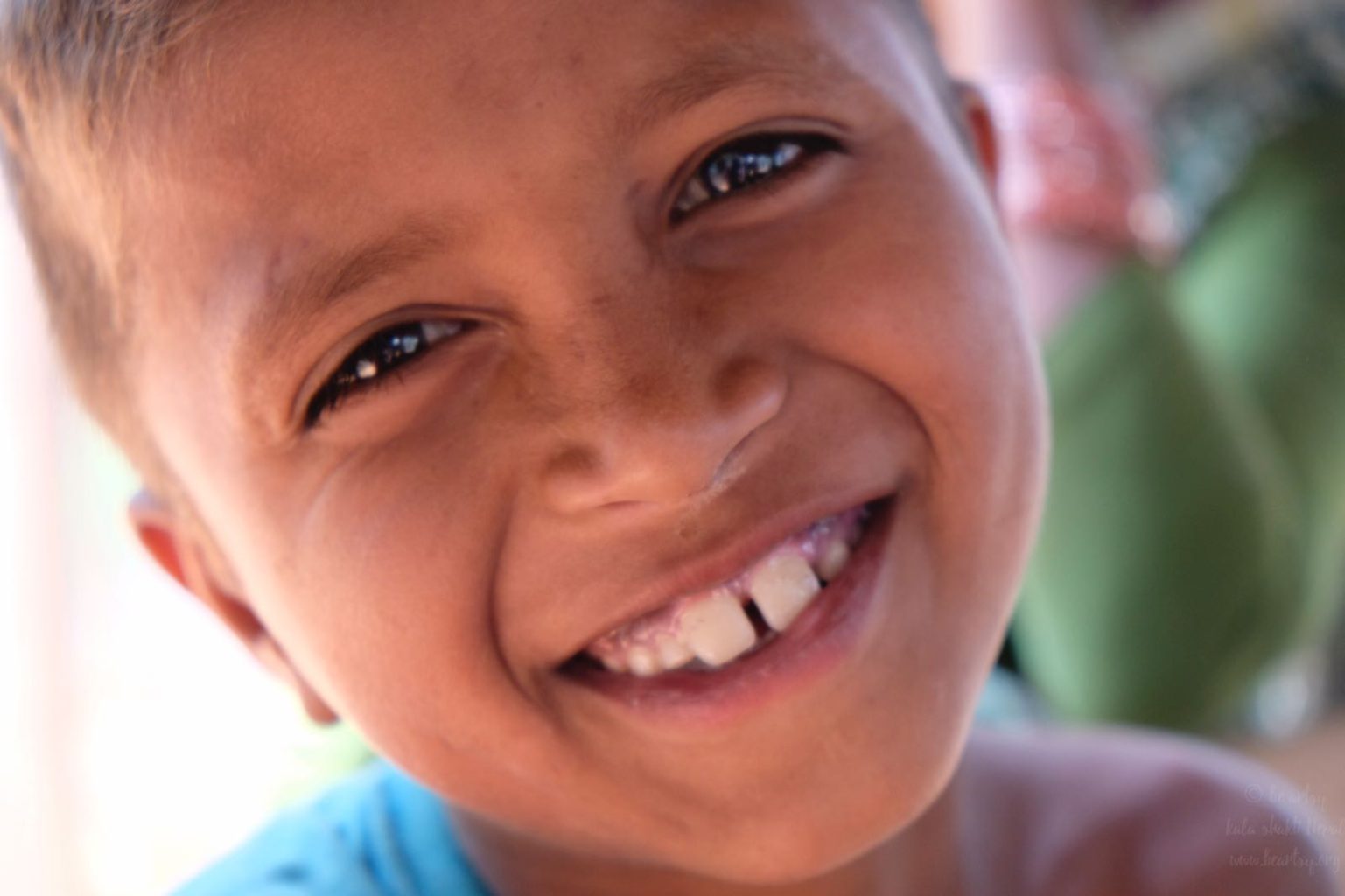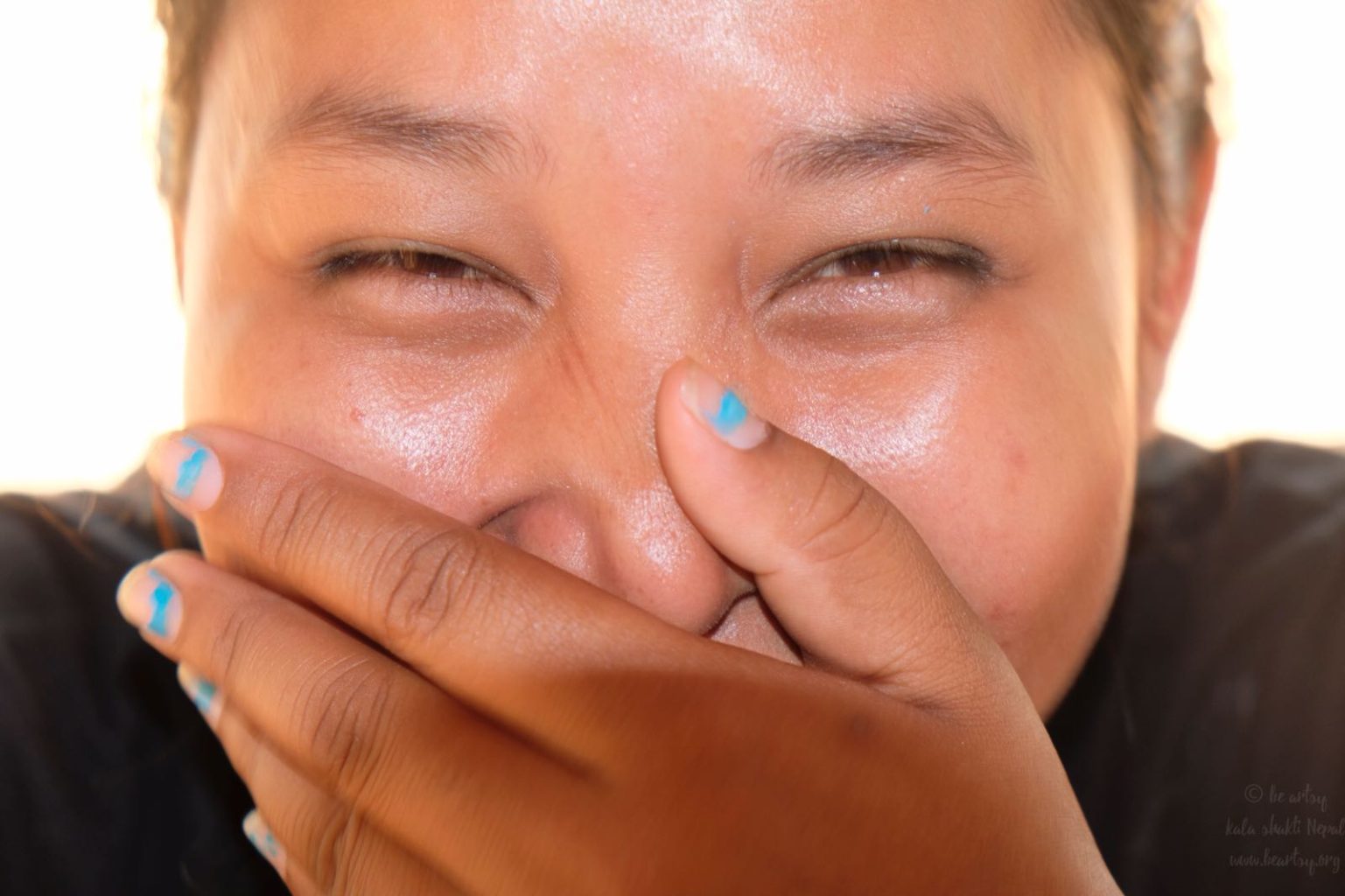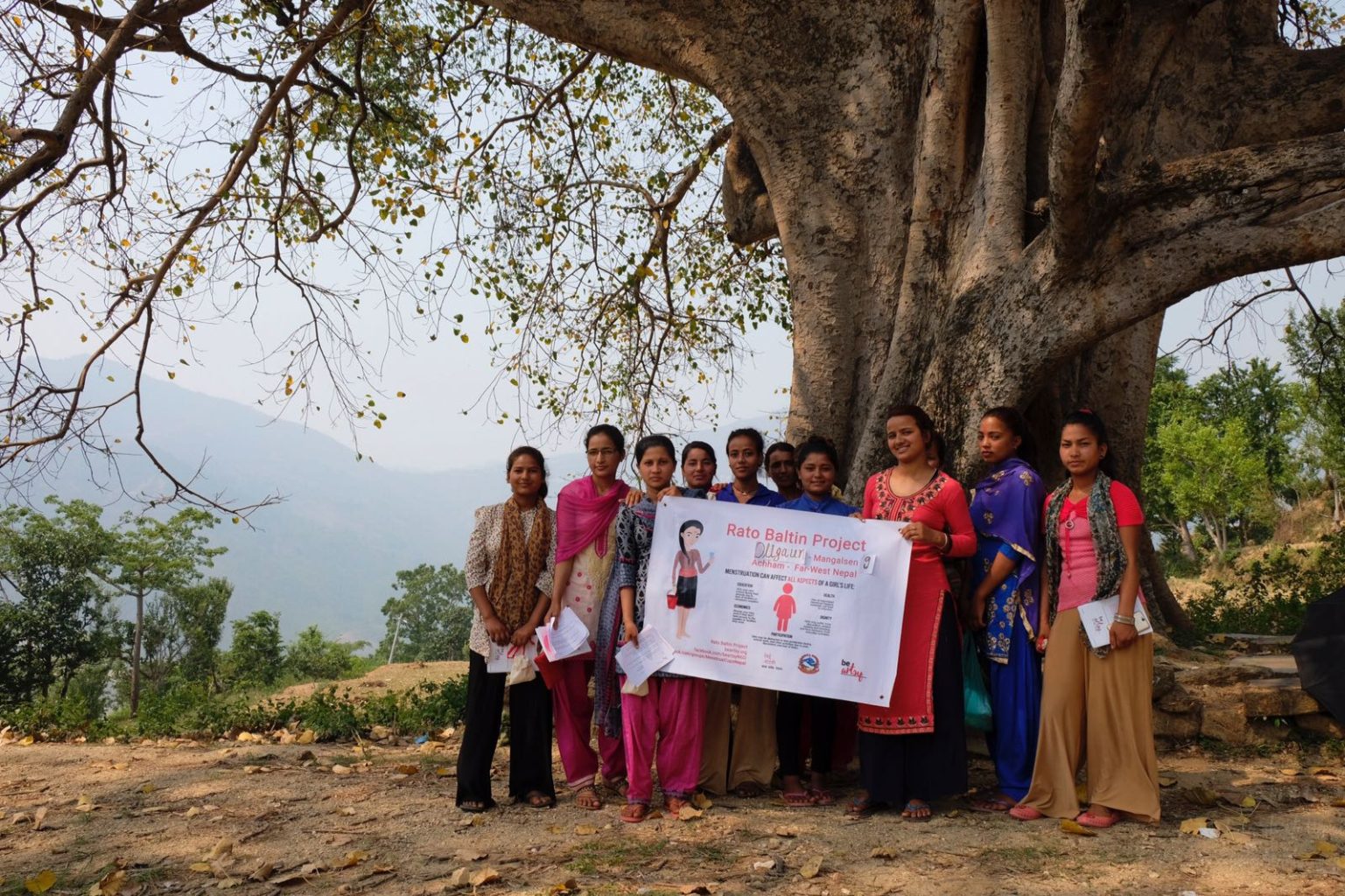The first week in a new village is always stressful. We have to get to know the people around us: teachers, health personnel, community leaders, and more importantly, the women, girls, and boys.
In Oligaun it was no different, but we also had to get to know part of the new team. Tejana, one of our Mentors from Basti, and Manisha, one of our Mentors from Kunti, came with us. They have been using menstrual cups since the first Rato Baltin trip. Also with us was Uma Bista, a photojournalist that helped us a little with the photo workshop during part of our stay in town.
In the health post at the first contact, we explained about the cup. They were really interested and we asked them some questions about women here. They explained to us that girls and women here were educated and nobody slept outside. When we left, one of our nurses told us: “Let’s see, I don’t think this is so”. I told them: “If they didn’t, it would be great news that in this part of Achham they have eradicated chhaupadi, but I have already seen Chhaugots on our way here”.
The reality is that here chhaupadi is more normalised and more accepted. Like in other places, women are the ones that want to do it, but men don’t do anything to stop the practice. They speak about it like it is a joke. There is so much work to do here, but we were not really happy about what we felt we could do.
The classes ran with some difficulties. Sometimes teachers seemed to not want to be involved, for them, the normal curriculum is the most important thing and girls needs come second. We learnt a lot here: the girls accepted chhaupadi, so, at the beginning they didn’t find learning about menstruation interesting. After they knew about the menstrual cup, this changed a little. In classes 10 and 9 girls weren’t really interested at the beginning, but by the end were really happy with the participative photography results and with our video from the closing ceremony.
In the menstrual cup training we had 95 girls, but we couldn’t give one to every girls as we didn’t have enough. We could give 61 cups to the girls in school plus the women’s group.
With the girls here we saw that there had been some changes in chhaupadi. Before they stayed in small goat sheds on the ground floor, but nowadays some of them are on the first floor. We saw too that the chhaugoats here are bigger than the ones in KuntiBandali, or the remaining ones in Basti.
We have been trying to set up a men’s group, but this has still been unsuccessful. In some places a teacher may try to help us, but nothing works, the men did not come. Here in Oligaun it has been impossible to do it. However, we had small conversations with different groups of men, where we spoke about the importance of help from them to assist doctors and community leaders to stop the practice. We spoke openly about rape, about how many drunks have abused girls in the chhaugots, and I think that touched them. We told them that we are not from the community, that they were the ones that should do something about the problem. Let’s hope that they will try to do something.
We will try to involve more girls, women and men in Kalagaun, our next village, but it is time to plant the rise and we are a little scared whether they will make time for us.
Two months in the field is a really hard experience, but we try to have as much fun as we can. We are enjoying the simple life in the villages and the smiles from children – Sano Manche (small people), as our nurse Anju likes to call them.
Written, and photos with Fujifilm XT20, © by Clara Go. Correction by Kristy Davies
Now you can contribute for paying one month salary to the nurse, or for some hygiene kit : https://www.gofundme.com/menstrual-cups-in-nepal-chhaupadi
West Nepal girls need this kind of program. And we need help to continue the project!
Or if you feel like it, you can donate via bank transfer at: Banc Sabadell IBAN: ES23 0081 0900 8200 0430 1934 BIC: BSABESBB (your recurring donation will help us have a better planning of our budget to carry out the projects undertaken).
Or take a look to others ways to donate at http://beartsy.org/donate/
Thank You! 🙂

